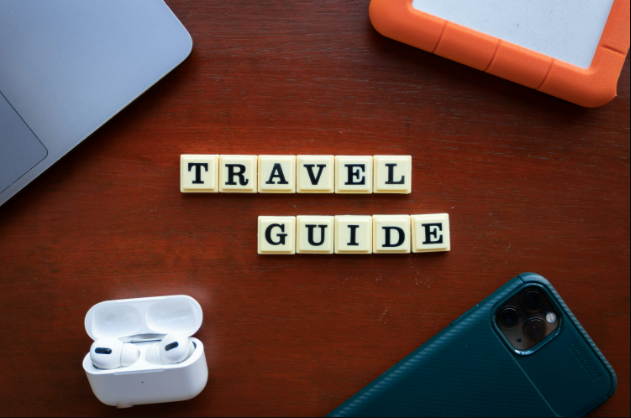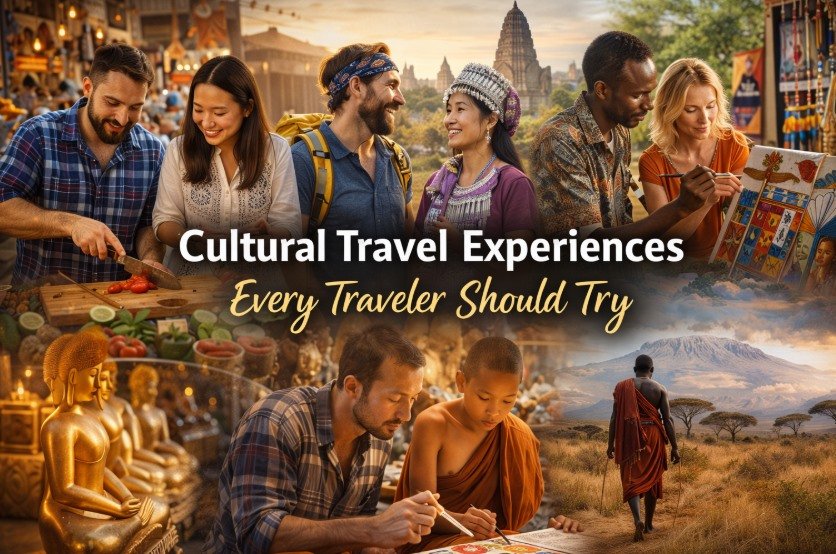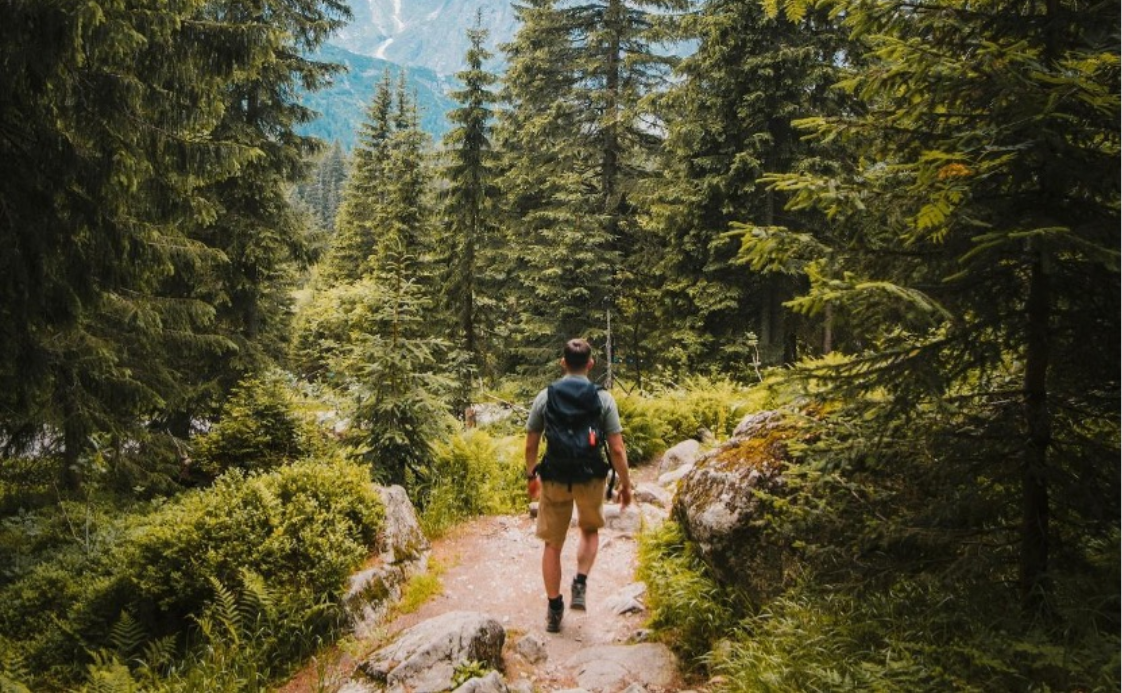
Travel is not only about visiting new places. It is also about understanding the culture, traditions, and daily life of the people who live there. Local experiences are an important part of this process. They allow travelers to see a destination in a more authentic way rather than just following the common tourist path. This guide will explain what local experiences are, why they matter, and how you can make the most of them when you explore new destinations.
What are Local Experiences
Local experiences are activities that connect you directly with the lifestyle, traditions, and people of a place. Instead of only visiting famous landmarks or eating at international restaurants, they encourage you to explore how locals live. Examples include joining a cooking class to learn traditional recipes, visiting a local market, participating in cultural festivals, or spending time with a host family. These experiences create a deeper connection with the community and give you a clearer understanding of the destination.
Why Local Experiences are Important
When you travel only as a tourist, you often see only one side of a city or country. Local experiences help you see the other side, the everyday life of the people who live there. They also give you opportunities to learn from locals directly. For example, joining a pottery workshop can show you traditional art skills, while exploring a street food market can introduce you to flavors that are part of daily life. These activities make your trip more memorable and meaningful. Another reason why local experiences are important is that they support the local economy. By buying from small shops, eating at family-run restaurants, or joining community tours, you contribute directly to the people who live in that place. This makes your travel more responsible and sustainable.
How to Find Local Experiences
Finding local experiences can be simple if you know where to look. The first option is to talk to local people. Hotel staff, taxi drivers, or even shopkeepers can often recommend activities and places that tourists do not usually know about. Another option is to use online platforms that connect travelers with local hosts. Many websites and apps now offer walking tours, food tastings, and cultural classes led by locals. Social media can also help, as many communities share details about events, markets, or performances happening in their area. It is also useful to keep your schedule flexible. Sometimes the best local experiences happen when you explore a neighborhood on foot and discover interesting places by chance.
Types of Local Experiences
Local experiences can be different depending on where you travel, but some common examples include:
- Food tours and cooking classes that introduce you to traditional dishes.
- Walking tours guided by local residents who share stories and history.
- Art and craft workshops where you can learn traditional skills.
- Visits to local markets where you can see daily life and taste fresh food.
- Participation in festivals, music events, or cultural performances.
- Staying in homestays or guesthouses that allow you to live with local families.
Each of these activities brings you closer to the real culture of a destination.
Tips for Enjoying Local Experiences
To make the most of your time, there are a few things you should keep in mind. First, be open-minded. Local customs and traditions may be different from what you are used to, but that is part of the experience. Second, show respect to the people you meet. Simple gestures like learning a few words in the local language or following cultural rules can make your interaction more positive. Third, support local businesses whenever possible. Buying handmade products, eating local food, and joining community-based tours make a difference. Finally, balance your activities. While it is good to see major attractions, combine them with local experiences for a complete trip.
Benefits of Local Experiences
There are many benefits of choosing local experiences when you travel. They help you create lasting memories because you are doing something unique rather than following the same routine as other tourists. They also allow you to learn practical skills, such as cooking, dancing, or crafting. In addition, these experiences often give you personal stories to share, as you meet people who open their lives to you. Another benefit is that they usually cost less than large commercial tours, making them a budget-friendly way to travel. Most importantly, they give you a sense of connection to the place and its people, which is something that typical sightseeing may not provide.
Conclusion
Local experiences are one of the best ways to explore a new destination. They help you connect with people, learn about traditions, and enjoy authentic moments that stay with you long after your trip is over. By joining community tours, trying local food, or taking part in cultural events, you make your journey more meaningful and respectful. When you travel again, remember that the real beauty of a destination is often found in the daily lives of its people. Choosing local experiences will not only enrich your travel but also support the communities that make each place unique.






